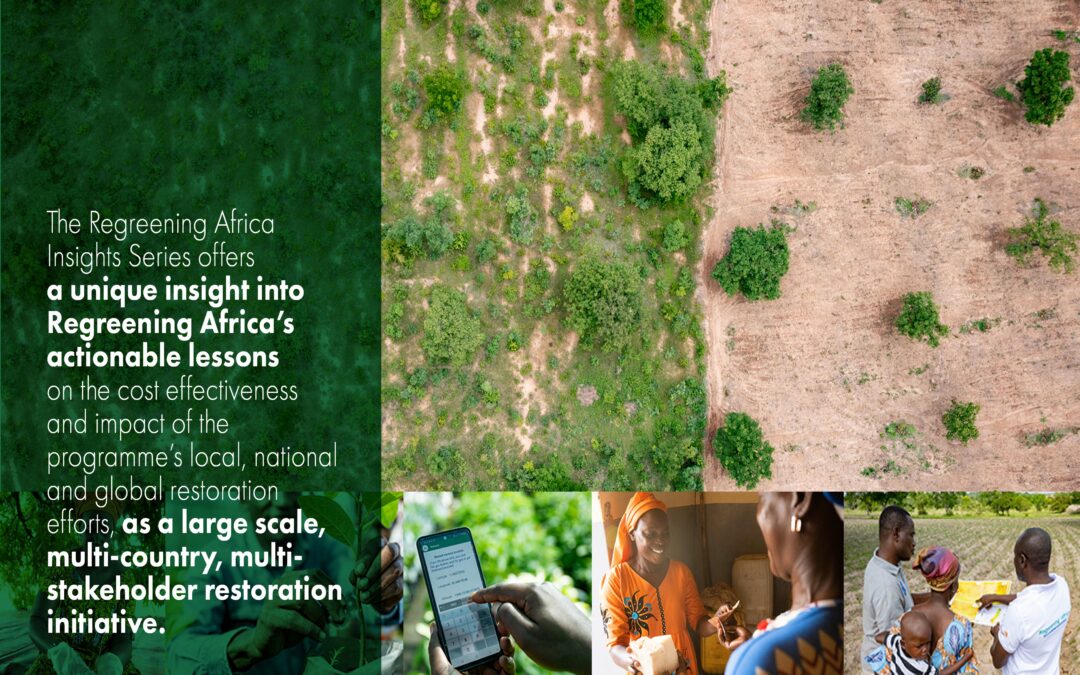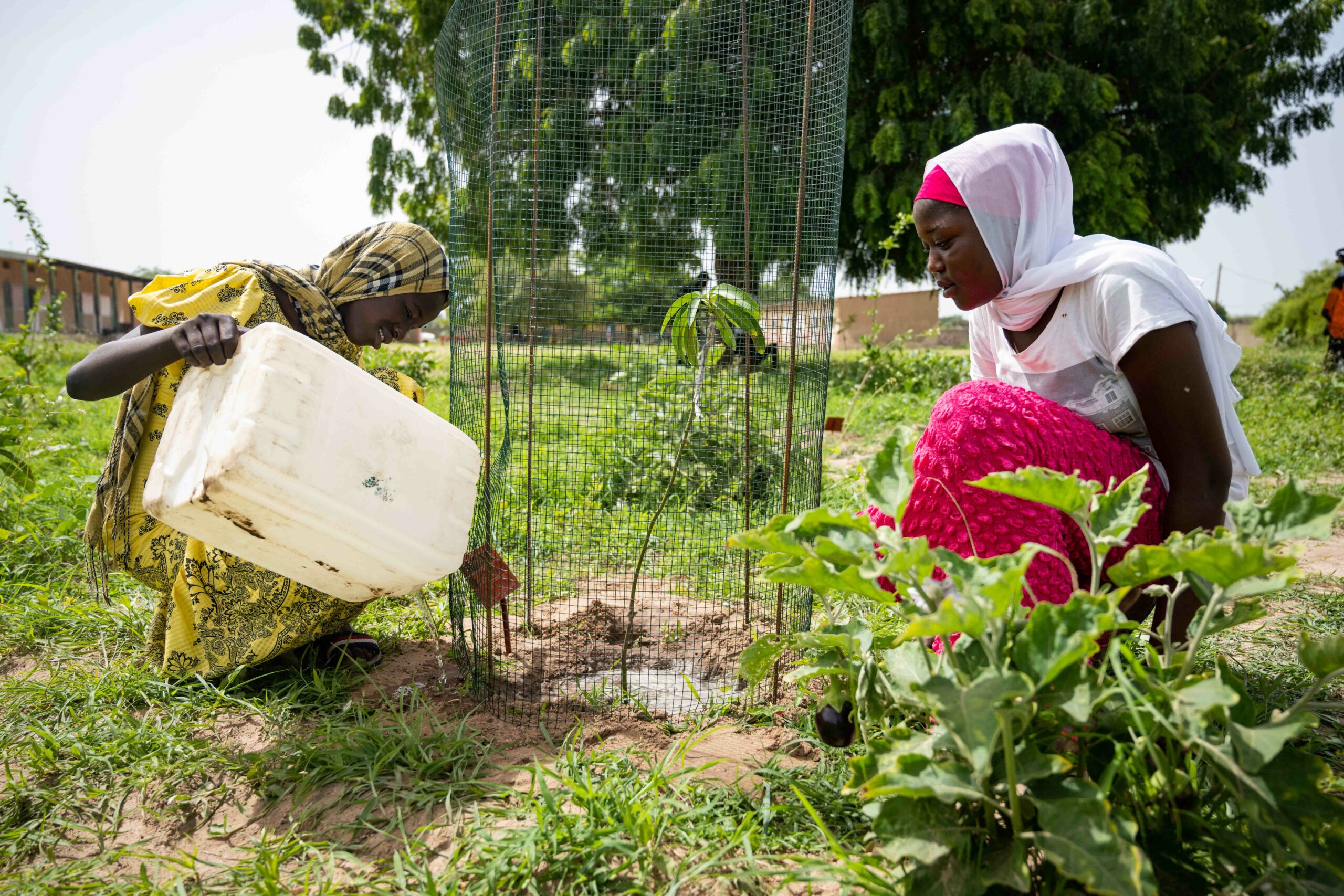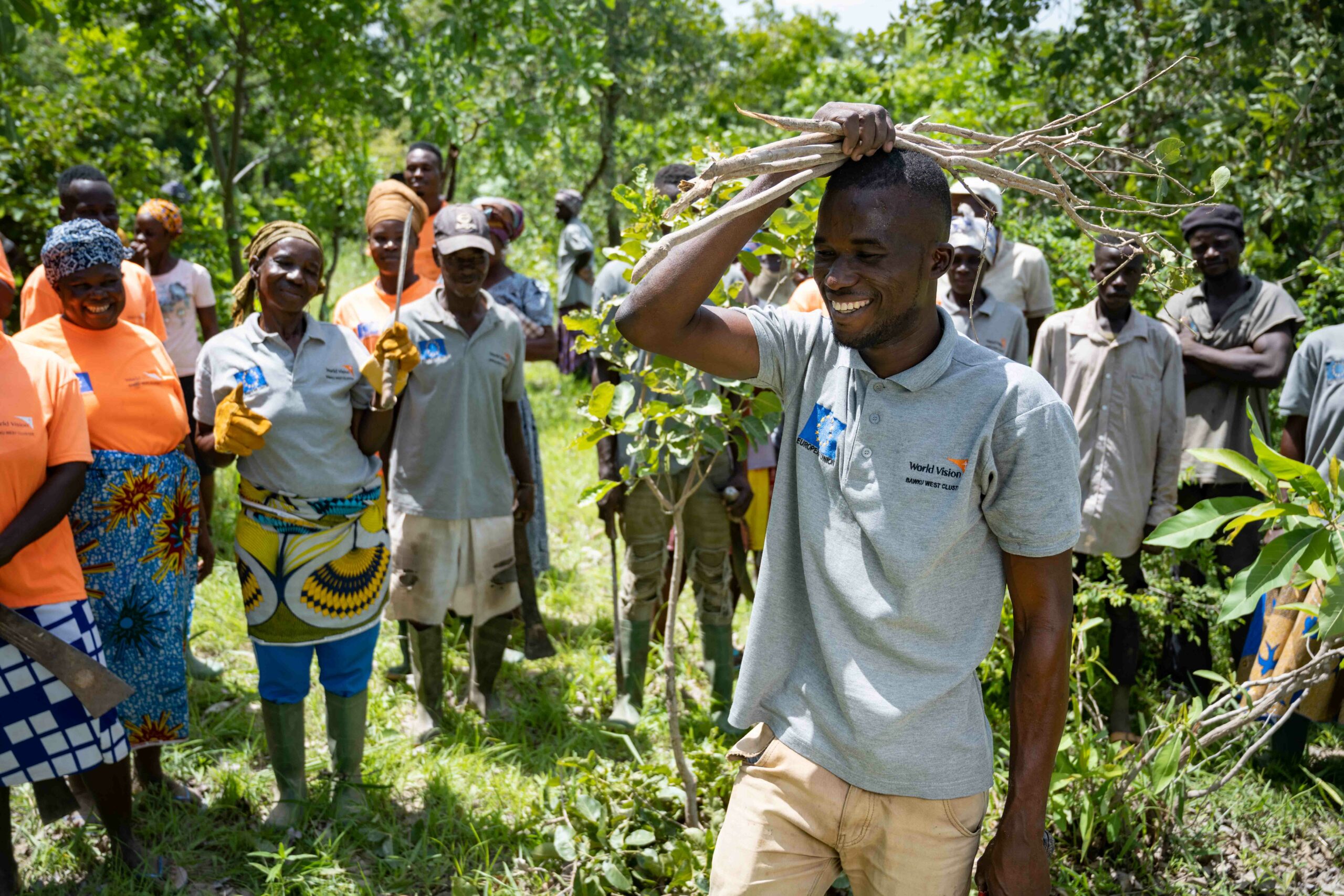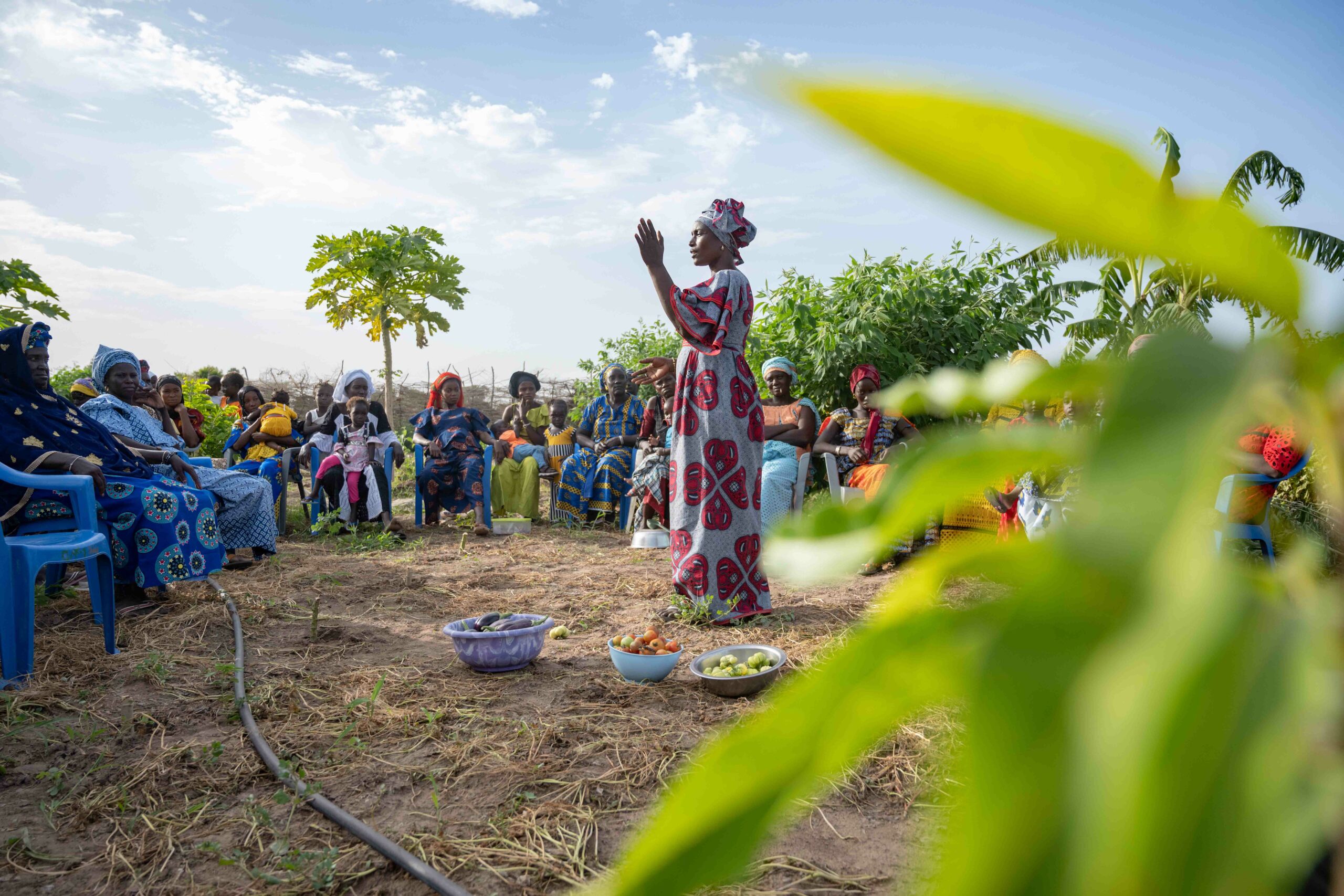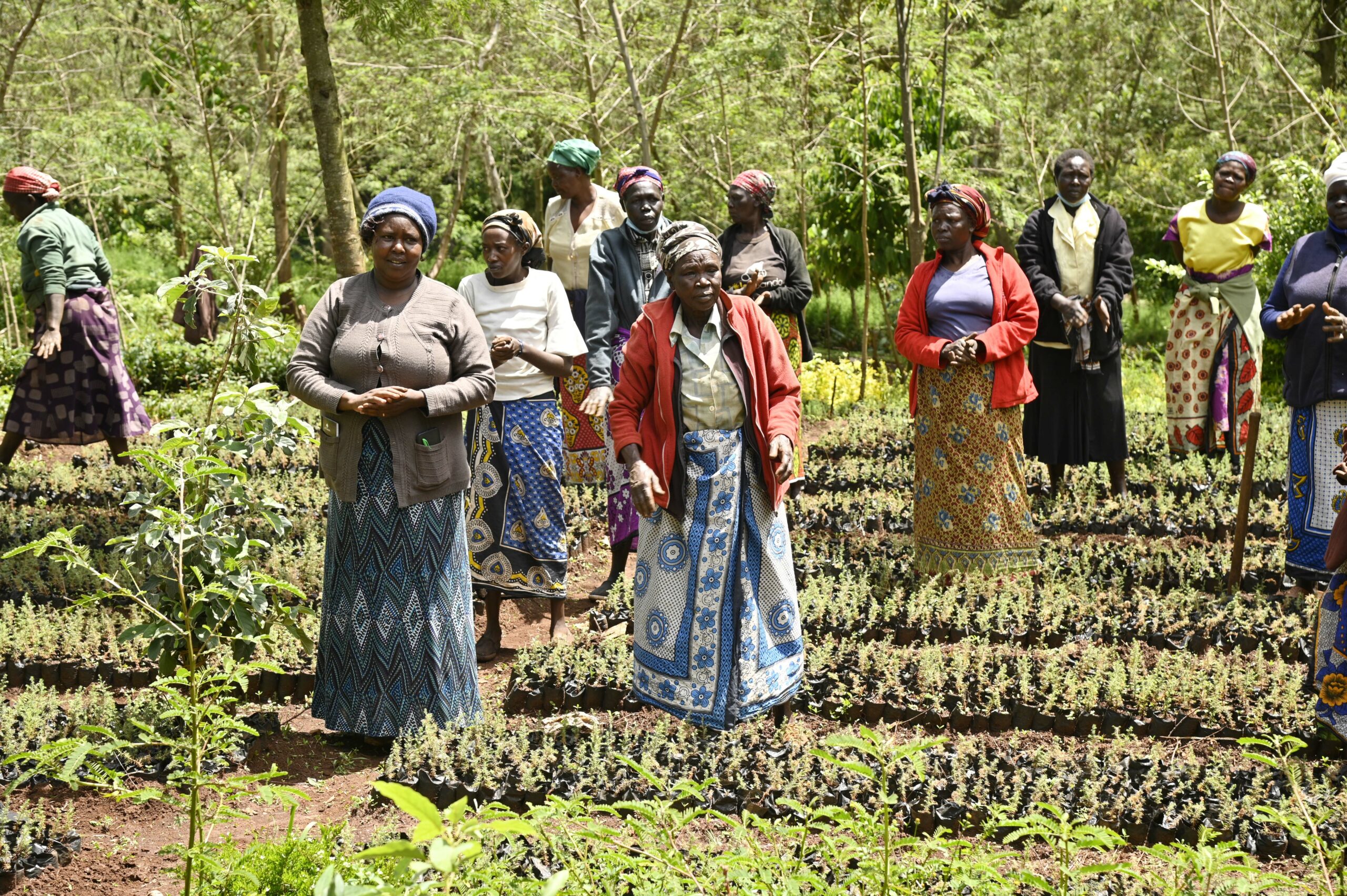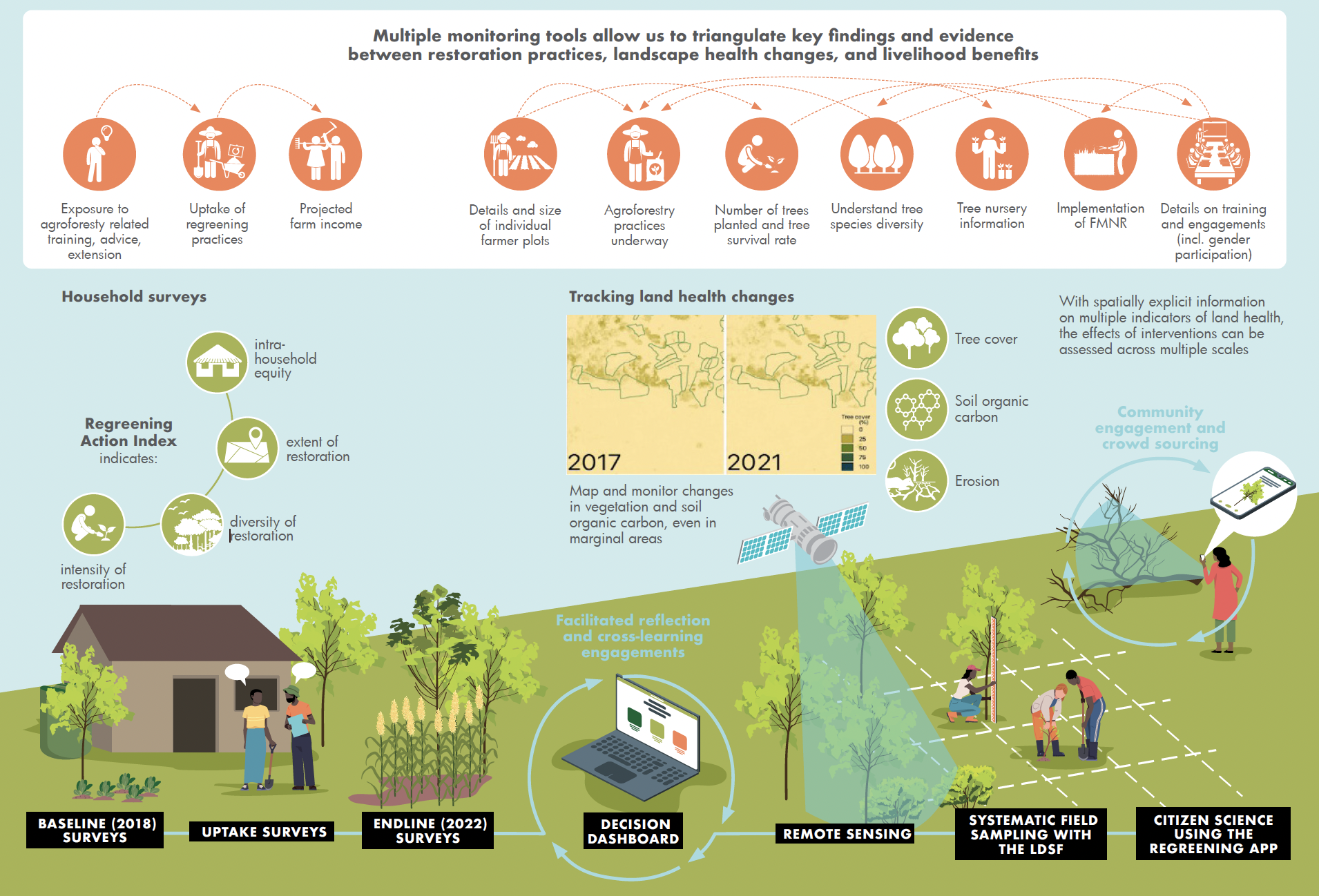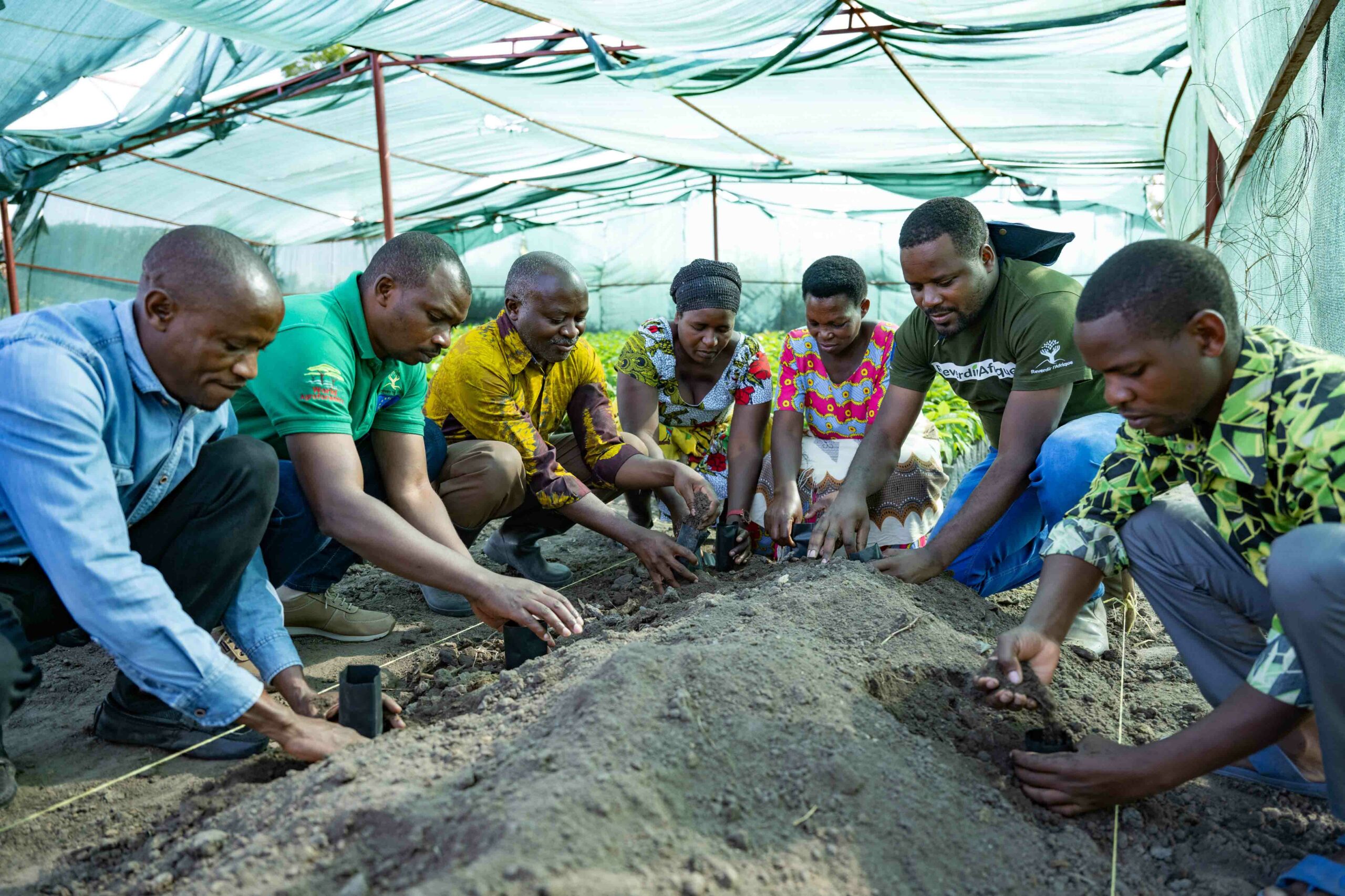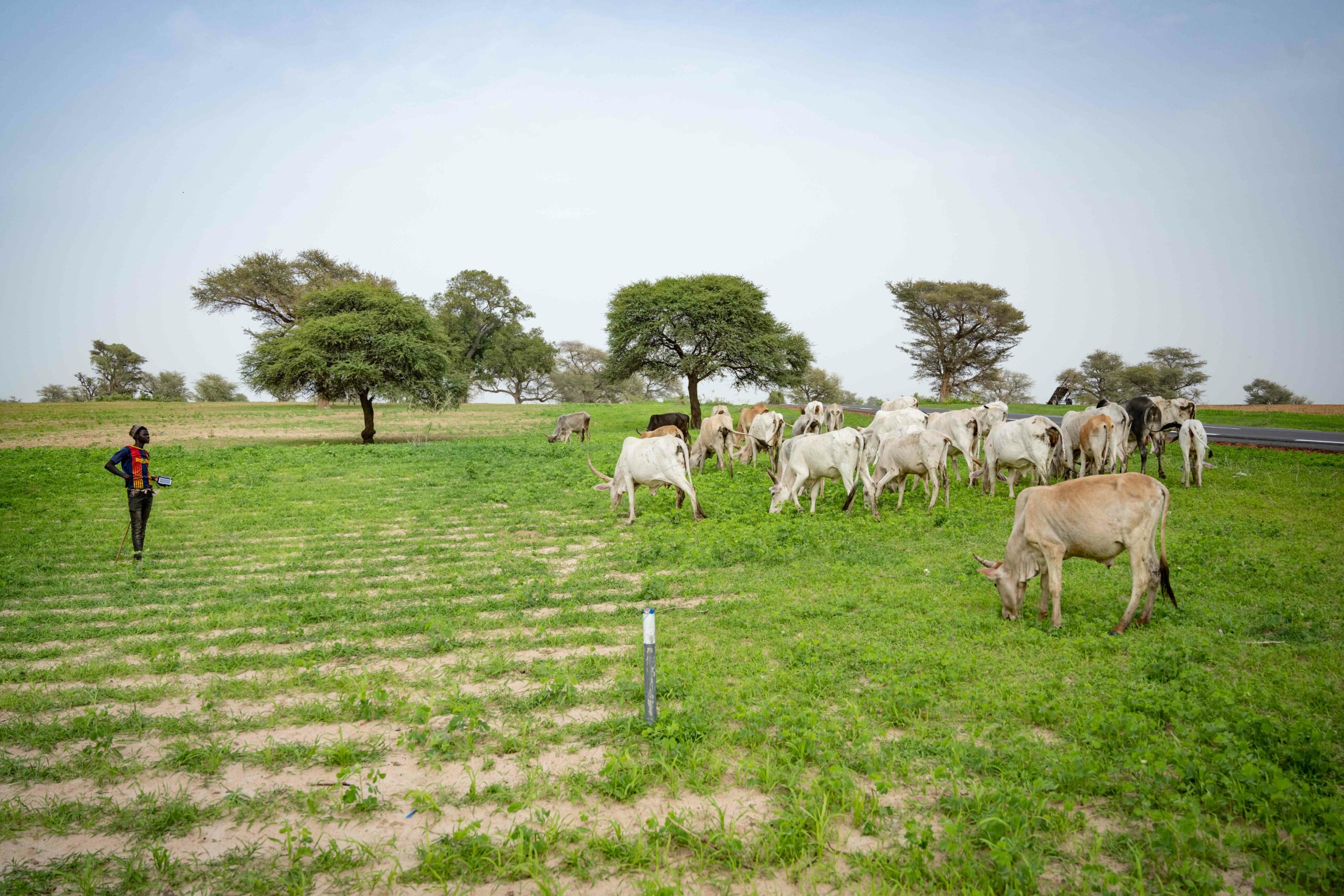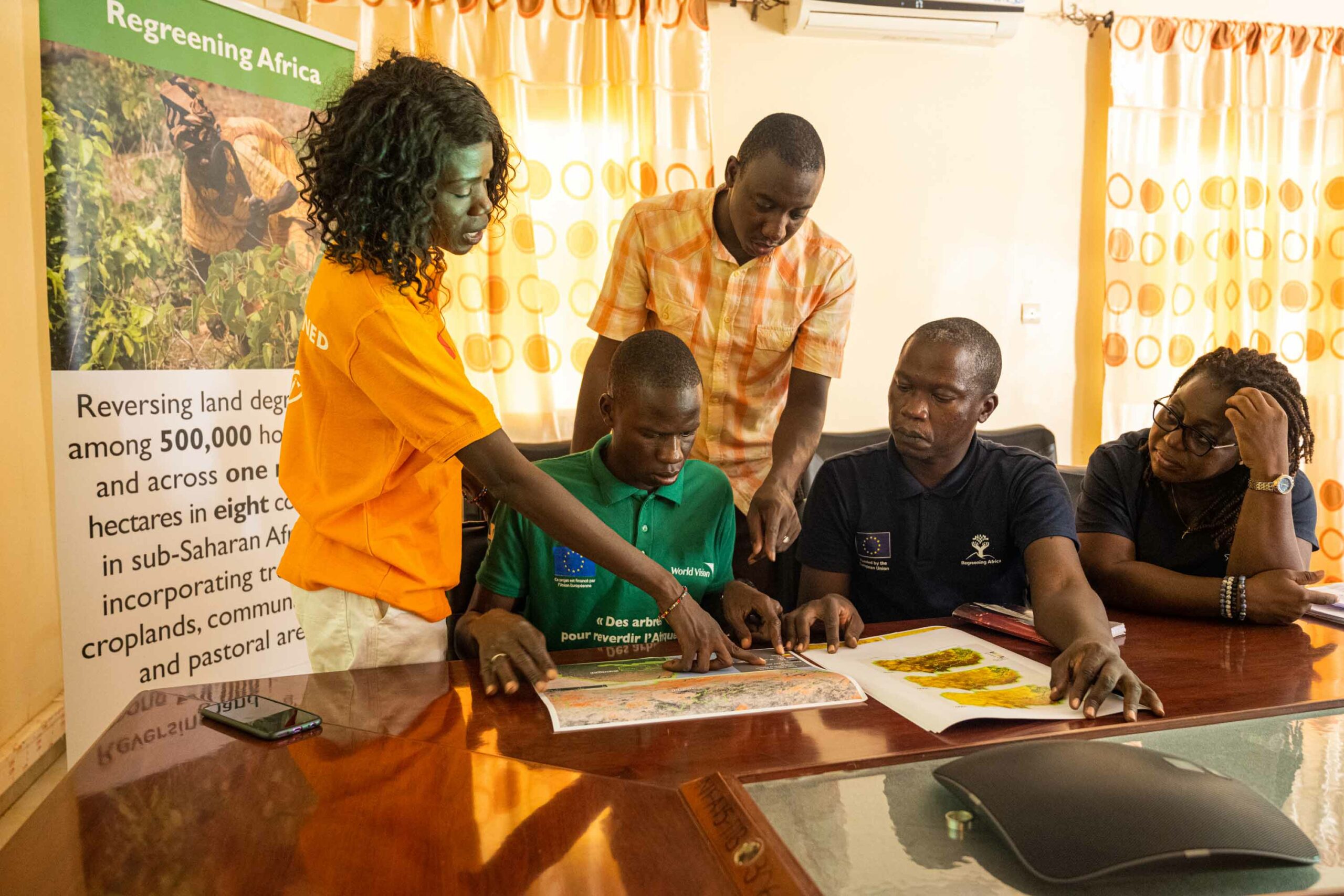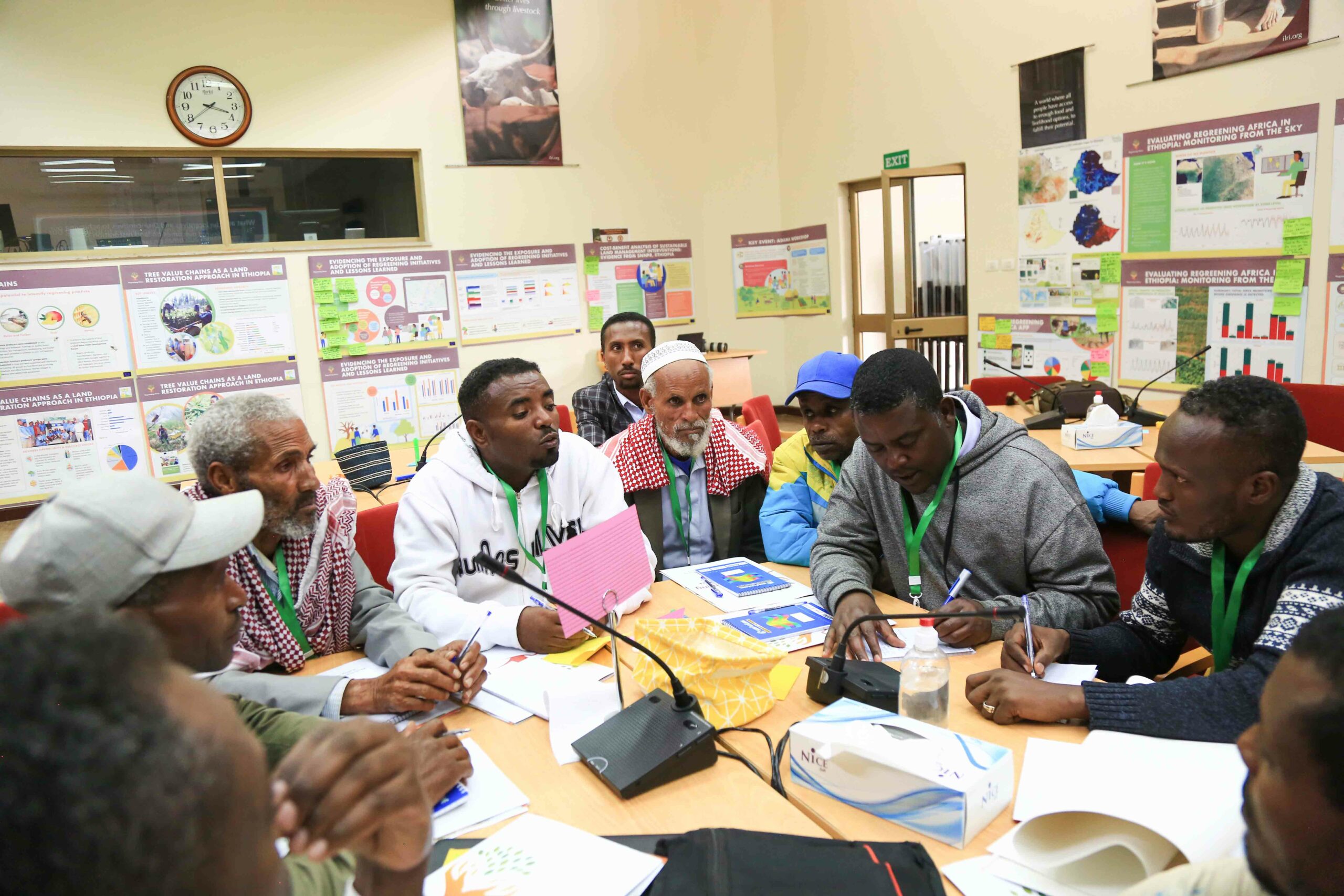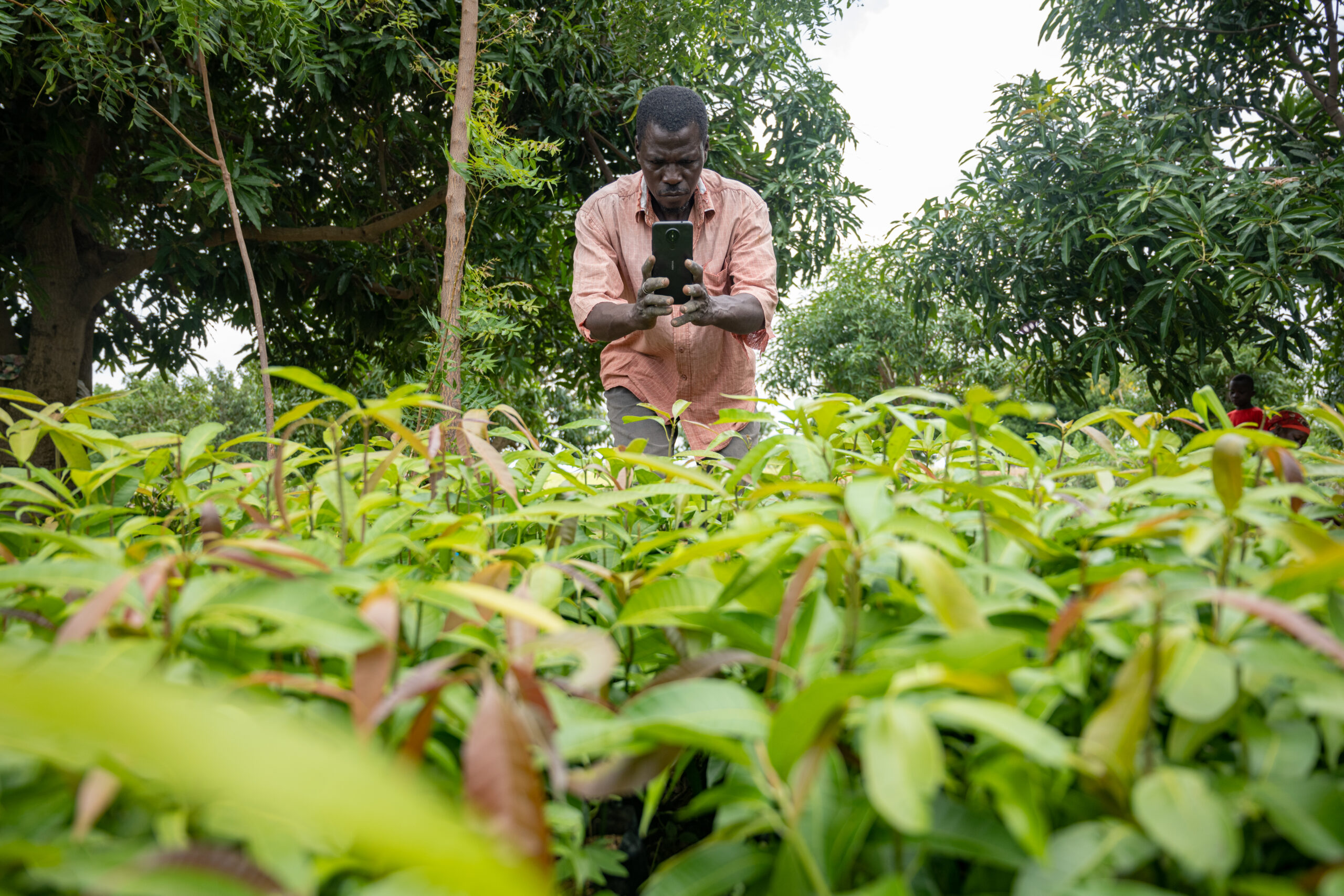As a large scale, multi-country, multistakeholder restoration initiative, Regreening Africa offers a unique opportunity to generate actionable lessons on the cost-effectiveness and impact of local, national, and global restoration efforts. These Insights series share key learning and insights from programme activities and interventions on various topics.
The youth’s influence in society and on social media, their large population size, and their ability to come up with innovative ideas for land restoration and entrepreneurship all contribute to their potential for land restoration. Collaboration with young and innovative environmentalists is critical to the success of land restoration.
Unleashing the Agency of the Youth in Regreening Africa is a brief that shares key learnings and insights from programme activities and interventions that increased youth participation in continental restoration initiatives and provided opportunities for youth to improve current and future livelihoods.
Integrating a gender-responsive approach to ecological restoration is not only essential for restoration success, but also generates additional value by supporting the livelihood activities of both men and women and enhancing the community. This brief demonstrates how women can be meaningfully engaged in restoration and the opportunities that result from their inclusion.
For several decades, links between faith and environmental restoration have been actively promoted. The world’s faiths have a profound impact on values and ethics, and because environmental destruction and poverty are, at least in part, crises of values and ethics, the world’s faiths can play a role in addressing these issues.
Engaging faith-based organisations to encourage land restoration is clearly a viable option. Regreening Africa has built on these early efforts by hosting a number of key faith-based events related to land restoration. This brief share key insights and learnings from programme activities and interventions that increased faith inclusion in continental restoration efforts and provided opportunities to improve current and future livelihoods.
The Kenya National Landscape Restoration Scaling Conference played a crucial role in the formation of the “restoration movement” in Kenya. Through a series of six pre-conference thematic webinars, the conference-built momentum for the movement and provided a forum for stakeholders in the restoration space to develop a common roadmap and agree on key actions. The formation of action groups centered on the various conference themes was one of the key actions agreed upon. The action groups are the core of the Kenyan restoration movement. They collaborate with more than 100 organisations to scale up land restoration.
This brief highlights the success of the Kenya National Landscape Restoration Scaling Conference in launching a national movement focused on land restoration. It also highlights key learnings and insights from building a restoration movement in Kenya.
The Regreening Africa programme was designed as a research in development programme in which research components that fed directly into the development process, to support programme implementation and to evidence impact. The programme adopted a monitoring and evaluation system through which both short-term outputs and mid-term or longer-term outcomes and impacts would be assessed. The overall monitoring objective was to assess the programmes progress towards the key targets and objectives and to estimate impact to drive lessons for future restoration projects. The aim of this innovative approach of combining satellite imagery and data from the household surveys was to track and understand the impact of land restoration activities on key biophysical indicators and socio-economic outcomes and to combine more structured surveys with lower sample numbers with messier and larger number citizen sourced data.
This brief shares key learnings and insights on our integrated Monitoring, evaluation and learning approach that brings together biophysical and socio-economic information. Data from structured household surveys and field data collection, satellite imagery and citizen science were combined to give unique insights on regreening processes, outcomes and impact.
The multiplicity of systems, stakeholders and skills/expertise involved in land restoration means that partnerships are essential to any successful restoration process. Such partnerships must be actively nurtured. Regreening Africa’s partnership-based approach holds important lessons for large scale, multi-country land restoration initiatives.
This brief share key learnings and insights emerging from the programme’s novel partnership-based approach in support of enhancing the scale and effectiveness of restoration interventions in sub-Saharan Africa.
Animals are a key component of African farming systems at almost all scales and in almost all biomes. Grazing and nomadic pastoralism have been part of African agricultural management for millennia and remain so today. They play a crucial role in the management of drylands: in the savannahs, shrublands and grasslands of the continent, where cropping is often impractical, nomadic pastoralism can generate highly nutritious foods while also maintaining and restoring landscapes and providing habitats for a remarkable range of wildlife. While the restoration of African agricultural landscapes is often considered entirely dependent on farmers’ cropping methods, the contribution of livestock should not be underestimated.
This brief share key insights from the programme’s development at scale of effective livestock management interventions, learning from the environmental value of nomadic pastoralism.
The Land Degradation Dynamics is component within Regreening Africa, with a primary objective of equipping Regreening Africa programme countries with surveillance and analytical tools on land degradation dynamics, to support strategic decision making and monitoring of restoration activities. A key objective is to identify and assess land degradation dynamics, dimensions and indicators across the project action areas. By using the Land Degradation Surveillance Framework (LDSF) methodology, Regreening Africa project identified and measured key indicators of land and soil health in order to understand drivers of degradation, prioritise areas of intervention and monitor changes over time.
This brief provides key insights into how LDSF provides meaningful diagnostics to unpack the complexity of managing ecosystem health across landscapes.
Regreening Africa’s application of the Stakeholder Approach to Risk Informed and Evidence-based Decision-making (SHARED) approach has supported a highly inclusive, relationship centered process that resulted in the forging of authentic partnerships. The trust and social capital developed through such partnerships is key to effective design and delivery, impact and sustainability of land restoration programmes, and it requires nimble, adaptive support and a significant investment in terms of time, technical skills and dedicated financial support for participatory processes, but yields significant results towards programmatic impact.
This brief shares key learnings and insights emerging from the programme’s application of the SHARED approach in support of enhancing the scale and effectiveness of restoration interventions in Africa.
Bringing together scientific research and citizen science enhances the participation of farmers and stakeholders in land restoration. Farmers are on the frontlines of landscape level changes, thus, engaging and integrating farmers, critical actors in restoration, is key. Such cooperation also scales data collection and deepens the understanding of the effectiveness of restoration. The Regreening App collects critical information and trends on practices at farm and community level. For example, it has helped locate where exotic tree species are replacing indigenous species, thus allowing farmers and intervention actors to collectively take actionable decisions on land restoration efforts based on realtime findings.
This brief shares key learnings and insights into the success of the Regreening App through citizen science and stakeholder engagement.

